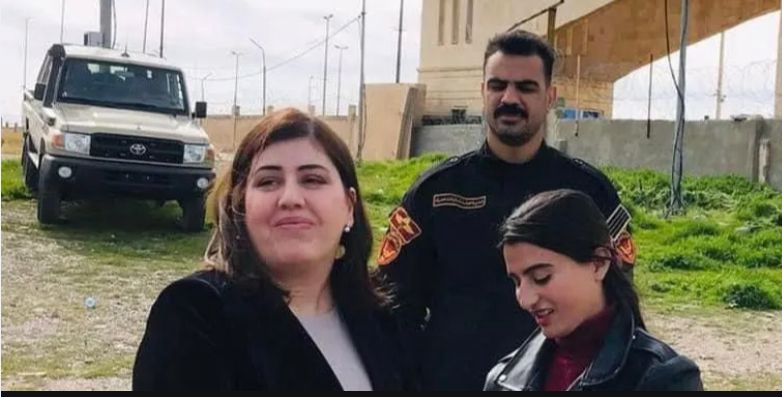In a remarkable turn of events, a Yazidi woman who was kidnapped by ISIS militants has been freed after a decade in captivity and has returned to her homeland in Iraq. This significant development offers a glimmer of hope for many families still searching for their loved ones.
On March 2, 2024, the woman, now 26 years old, was rescued from the Al-Hol camp in Syria, where she had been held since her abduction. Just 16 years old at the time of her kidnapping on August 3, 2014, she is among thousands of Yazidi victims who suffered unimaginable horrors at the hands of ISIS militants. Her return highlights the ongoing challenges faced by the Yazidi community, which has been deeply affected by the violence and brutality of the conflict.
The plight of the Yazidis garnered international attention following a recent interview with Asma Mohammed, the wife of Abu Bakr al-Baghdadi, the former leader of ISIS. In her statements, she revealed disturbing insights into the group’s treatment of women, noting that al-Baghdadi had more than ten Yazidi concubines. She also mentioned that after declaring the ISIS caliphate, he married a 14-year-old Iraqi girl and another wife from Chechnya. “ISIS transformed the Islamic State into a state for women,” she asserted, shedding light on the complex and horrifying reality faced by women under their rule.
ISIS’s control over Mosul, which began in June 2014, culminated in a brutal assault on Sinjar in August of the same year. This attack was marked by systematic violence, including mass killings, sexual enslavement, and forced displacement of the Yazidi population. The international community has condemned these acts as genocide, and the scars of this dark chapter in history continue to affect survivors and their families.
The rescue of this Yazidi woman not only brings closure to her personal ordeal but also serves as a beacon of hope for others who remain unaccounted for. It emphasizes the importance of continued advocacy for human rights and the need for justice for the victims of ISIS atrocities. As efforts to support and rehabilitate the Yazidi community continue, stories like hers remind us of the resilience of the human spirit in the face of profound suffering.

